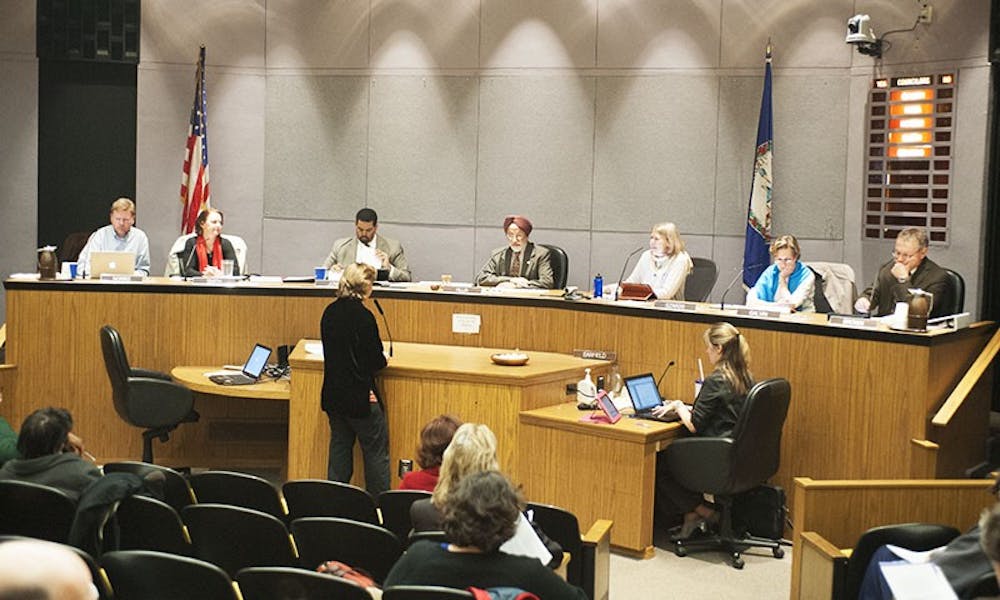Charlottesville is a finalist for the Georgetown University Energy Prize, a contest aimed toward increasing energy efficiency in small- to medium-sized communities. Two other Virginia cities, Blacksburg and Roanoke, are also in competition for the prize.
The contest takes place over two years and gives awards based on cities' decreases in energy usage. Charlottesville is currently in the quarterfinal stage of the competition, along with 52 other communities.
The city's efforts — coordinated in a campaign dubbed Energize!Charlottesville — are being spearheaded by Climate Protection Program Coordinator Susan Elliott. Under her leadership, the city will continue to use existing resources as well as private foundation grants to aid in environmental efficiency efforts and engage the broader community.
“Over the course of 2000-2011 we reduced the energy from 29.5 percent and 840,000 of avoided utility,” Elliott said.
The University makes up 32 percent Charlottesville’s emissions, and the Office of Sustainability is working to involve students in the effort to reduce the city's energy usage. The Office plans to use Energize!Charlottesville as a catalyst to address what students can do in their daily lives to reduce their carbon footprints.
“We’re running sort of a complementary campaign called Energize U.Va.,” University Sustainability Outreach Coordinator Nina Morris said.
The Energize U.Va. campaign is a four-week initiative from Oct. 17 to Nov. 14, with new events featured each week. The campaign kicked off Thursday night with a "No Impact" concert at the Amphitheatre, featuring performers from Radio Music Society, O Records and Samsara. Other events include a chat with the University's Environmental Impact subcommittee members Jesse Warren and Ricky Patterson, and a special screening of the documentary "DamNation."
For first years, the campaign will be take place a little closer to home.
“We’re running the dorm energy race for the first-year dorms, so we’re tracking energy consumption starting [Nov. 17],” Morris said. “Each of the weeks we have a new theme, so each one of those weeks we have a different activity that people can participate in.”
Morris said students have played a large part in the initiative, which was launched by the Environmental Stewardship subcommittee.
“It’s pretty much run completely by students,” Morris said, “In the Office for Sustainability we have an office of 15 student employees, and they are running the show. We also have a lot of volunteer opportunities.”
Outside of working directly with the Office for Sustainability, Morris says that there are a lot of opportunities for students to reduce their footprint.
“People can turn off lights in buildings, be more conscious of how much energy they’re using, not drive as much… All that kind of stuff has a big impact.”
Elliott said there are many ways community members can contribute as well.
“When we designed the plans we wanted to make sure that it was very flexible so when individuals and other companies have ideas we can change,” she said. “[We] don’t want to be prescriptive. There’s a lot that can change between now and then, and [we] want to be flexible.”
Cities have to submit their final proposals by Nov. 10.







